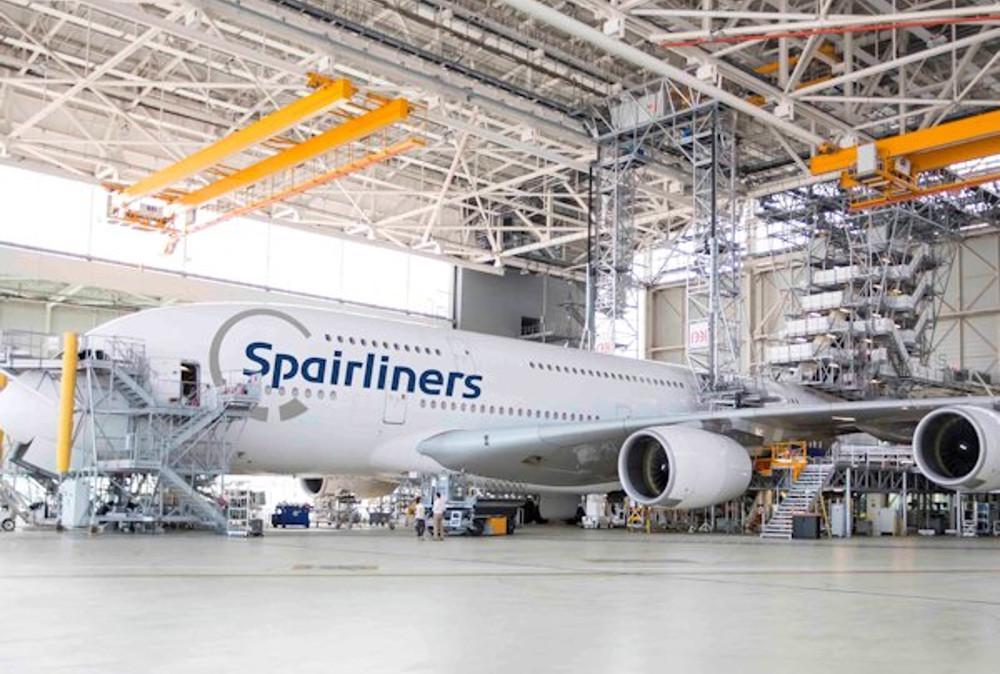
Spairliners is expecting a strong return in demand for its services in both European and American markets as aircraft operators plan for a strong summer.
Planning and preparation for a rise in summer business and securing part flows is, therefore, essential in providing a hassle-free supply chain for its Airbus A380 and Embraer E-Jet component support.
In Europe, Eurocontrol predicts the peak summer season will reach 89% of 2019’s traffic by August 2022. Ronan de Blois, head of procurement and supply chain solutions at Spairliners, says E-Jet operators have confirmed this projection based on their planned summer operations.
“Concerning the E-Jet platform, the overall supply chain is still largely impacted by the pandemic and the ripple effect is strong,” he says. De Blois adds that raw material supplies are concerning: “We expect material shortages and prices to increase, even though the OEMs have released contingency plans to secure the performance level.”
Despite these plans, Spairliners continues to experience an increase of turnaround times. “The MRO landscape for the E-Jet family is recovering, but the summer operations will still be challenging and securing the spare parts flow will make or break the success of this season,” he warns.
Some airlines are showing renewed commitments to the A380 with a return to service, but, certainly, those numbers will never reach pre-pandemic levels. “A sizable portion of these removals will be dismantled and feed the aftermarket with spare parts and we expect this to reduce the fair market values of the current on-hand inventories of the service providers,” says de Blois.
Considering that the MRO capacity on the A380 segment is decreasing, de Blois reckons the that the repair prices can only go up.
An additional factor that de Blois mentioned is the logistics bottleneck for all aircraft types. “Our major forwarding companies and our MRO network has informed us that they expect future capability struggles,” he says.
A combination of pandemic related issues, the supply chain disruptions, and transport constraints will make for a challenging environment, so the industry must implement mitigation measures to limit the impact of these risks.
De Blois reports that Spairliners has a strategy in place that can adapt to changing supply chain situations when needed. “We continue to further enhance our communication channels and the integration with our operators to improve the mutual understanding of each other’s operations so we can address our customer’s needs in the right way and at the right time,” he says.
In addition, De Blois says Spairliners is reinforcing its MRO network and partnerships to better anticipate capability constraints and counteract them accordingly. “We are continuously improving and increasing our mix of assets on shelf at our pool locations,” he says.
Spairliners has spent the last couple of years analyzing consumption trends and then reviewing and validating the consumption estimations with the operators in their network to secure robust supply contracts.
De Blois says this was key to fulfilling the projected demand. “We further provide consumption forecasts to our MRO network proactively, so our partners can plan their spare parts supply and increase capacity to ensure resilience,” he says.





